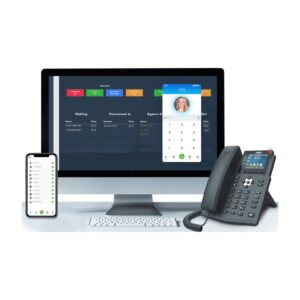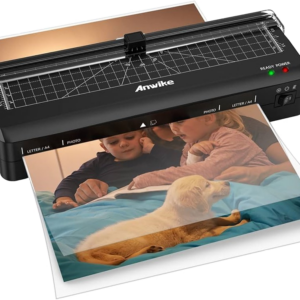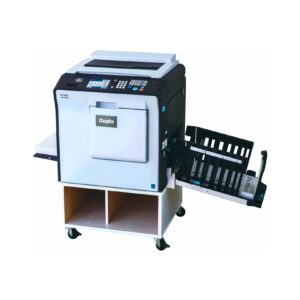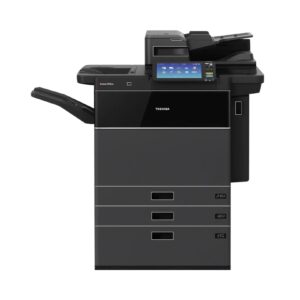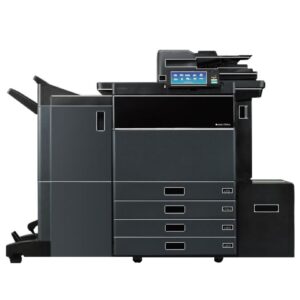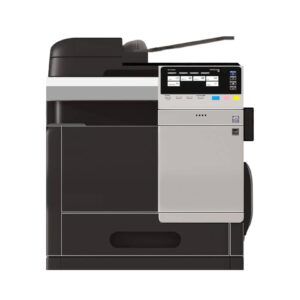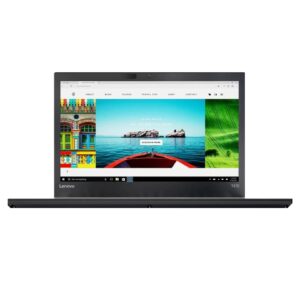Description
A POS, or point of sale, enables merchants to process payments and log transactions. It is a computer-based cash register with software
capable of tallying up orders, taking payments, monitoring inventory and buying trends and creating invoices. The setup is designed to suit
your environment. A POS system can be used in every sales-based company.
Here is a breakdown of where POS systems are commonly used:
Retail Stores:
POS systems are the backbone of retail stores, processing sales, managing inventory, and providing customer service. They are
commonly found in grocery stores, clothing boutiques, and specialty shops.
Online Stores:
POS systems are also used by e-commerce businesses to manage online sales, payment processing, and inventory tracking.
Multichannel Retail:
POS systems are crucial for businesses that operate both online and in-store, allowing them to manage inventory and customer data
across different channels.
Restaurants and Bars:
POS systems are used in restaurants to take orders, manage table reservations, and process payments, both at the counter and at
tables using tablets.
POS systems are used for accepting payments, managing drinks, and tracking inventory.
Hotels:
POS systems are used for check-in, check-out, and managing various services like housekeeping.
Mobile Businesses:
Mobile POS systems, such as tablet POS systems, are popular for businesses that need to conduct transactions in various locations,
like food trucks, pop-up shops, and events.
Self-Service Systems:
Kiosks and self-service checkout stations are common in supermarkets and fast-food restaurants, allowing customers to scan and
pay for the items themselves.
Healthcare:
POS systems can be used in healthcare settings to manage payments for services and track patient data.
Other Services:
POS systems can be used by a wide range of businesses, including beauty salons, gyms, and even travel agencies.








